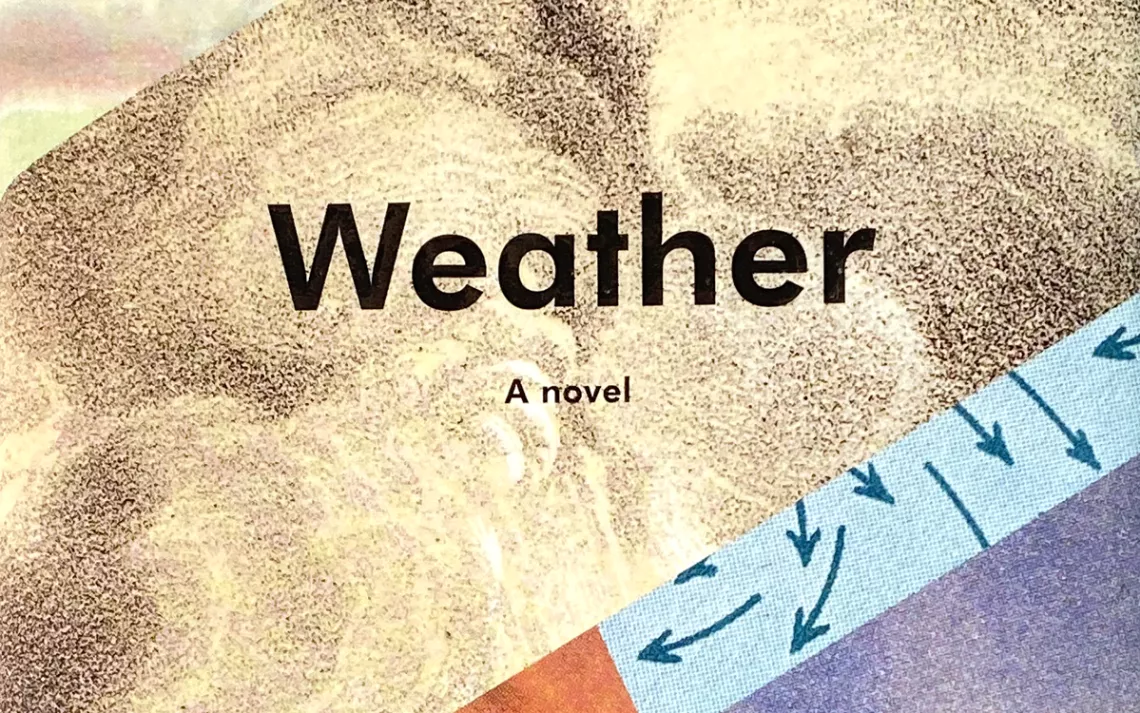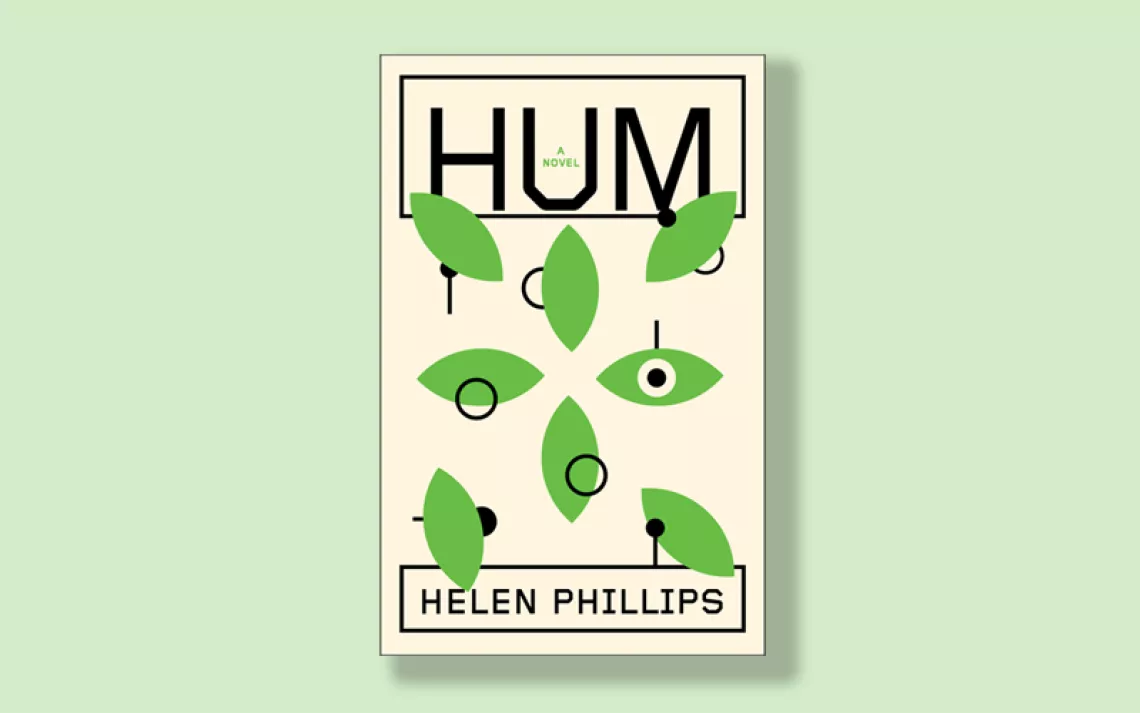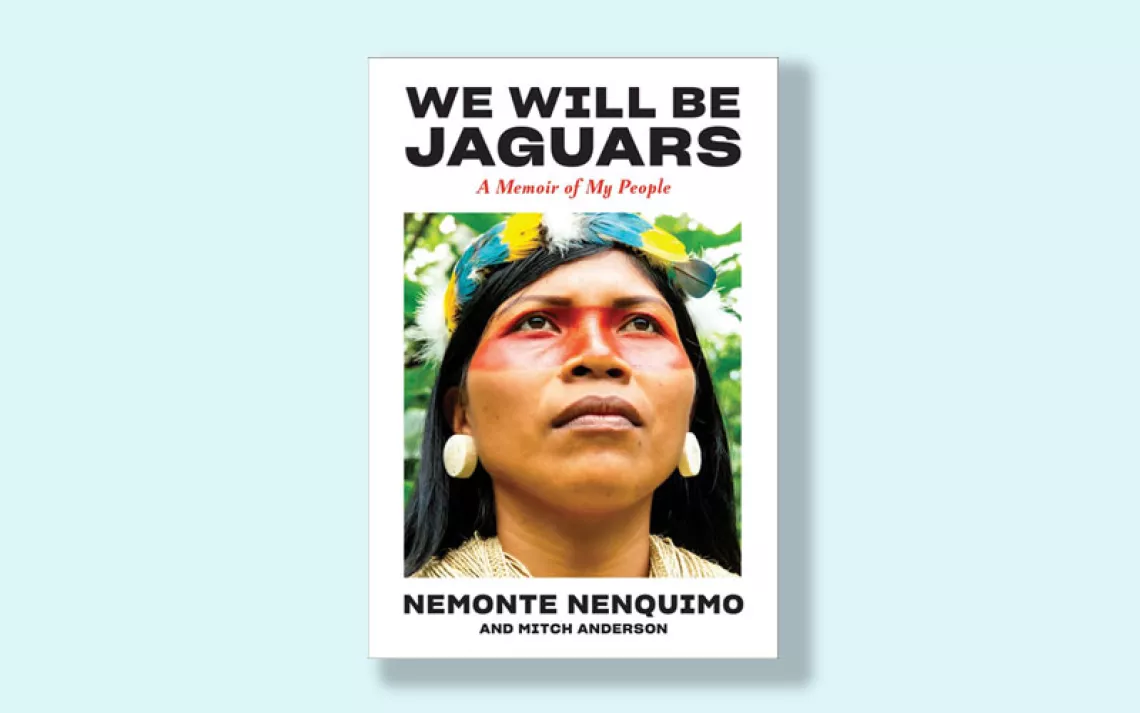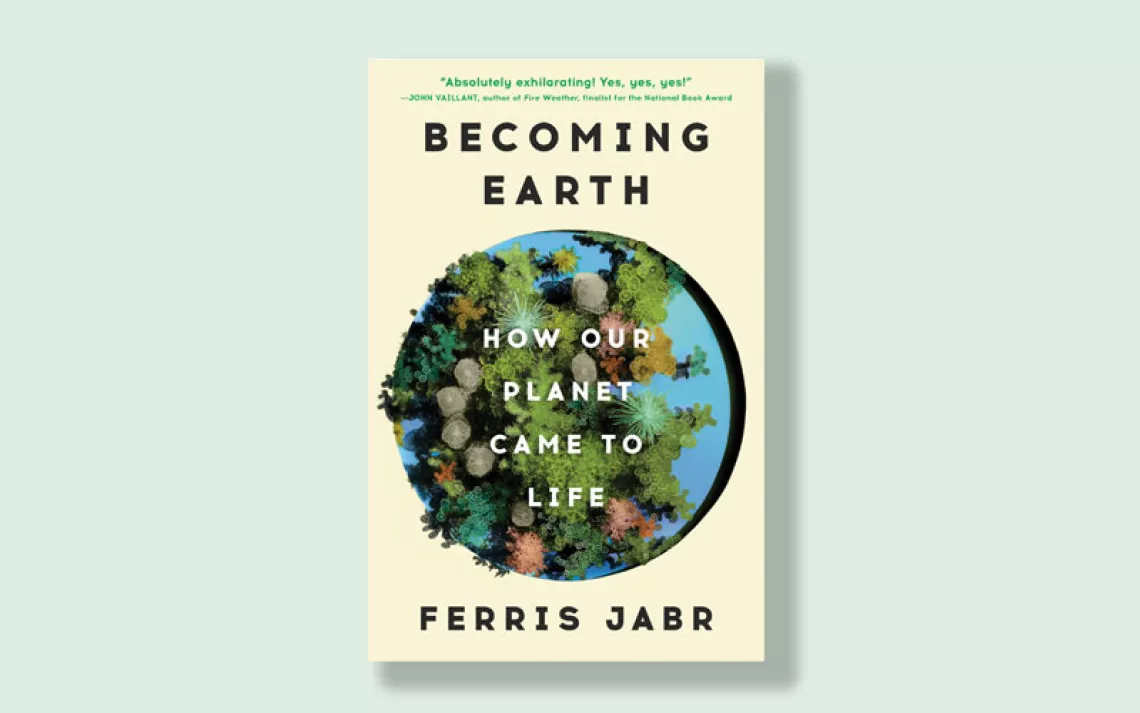Wrestling With Climate Grief? Talk to a Librarian.
Jenny Offill’s novel "Weather" offers glimmers of calm in a world on fire

Addiction. Evolution. Climate grief. Podcasts. Jenny Offill is back to tackle all of these overwhelming realities with her newest novel, Weather (Knopf Doubleday Publishing Group, February 2020). Offill, the author of Dept. of Speculation, leads us through the life of an average New Yorker with way too much knowledge knocking around in her brain to feel fully happy about anything. Set up like short vignettes, the book combines science, dry humor, mythology, and disaster psychology in a manner that does not agitate the reader but rather invites them into a network of possibilities for interpreting how humans are to survive.
If you are looking for a quick read that packs a punch, Weather is an ideal selection. Offill writes seamlessly about difficult subjects, marrying theory with practicality in an effort to better understand the human condition during a presupposed apocalypse.
Lizzie is a once-promising graduate student turned librarian and mother, as well as a sister to a recovering addict. She accepts a side hustle answering letters that come to Hell and High Water, a disaster-focused podcast run by Lizzie’s former mentor.
Everything in the story shifts when 45 is elected, and the tone of the book goes from quippy to downright maudlin. Perhaps this abrupt shift (“in chaotic times, people look for a strong man,” Lizzie’s mentor says) is informed by the crushing feeling of heartache felt by many after the 2016 fiasco, but it’s hard to sympathize with Offill’s character when 53 percent of white women got him placed in the White House. It is, in a twisted sort of sense, hilarious to watch this white woman navigate this new frontier of bad and work through her feelings of helplessness, reframing herself as a victim of this new regime rather than complicit in its emergence. But no matter. We’re in it now.
And maybe that’s the point. When these large structural shifts happen, life continues as it usually does, one day at a time. Lizzie answers the podcast questions, she picks her son up from school, she goes to therapy. Some days she holds the door open for her drug-dealer neighbor in 5C and wonders if he is flirting with her. In the latter pages of the novel, Offill returns to a previous concept put forth by Lizzie’s husband, Ben, who says that he would walk 34 miles with a child on his back. Initially, Lizzie laughs at the concept, thinking that it would never happen. And then 45 is elected. The burden to carry is much more than a 50-pound child.
Weather provides sobering commentary about how women do the heavy lifting of providing “unofficial” therapy to an array of people, be they family members or half-drunk bar patrons, and how this inability to voice our own feelings of hopelessness in the face of impending climate disaster weighs on our souls—and may change us entirely.
But the thing is, you’ve got to keep laughing. Offill is an expert at taking you to the edge of anxiety and pulling you back with a good chuckle. I mean, really how are humans to cope with impending dystopia when we have a meltdown every time the Wi-Fi goes out (myself included)? Can we transfer the skills we’ve acquired on a theoretical level to an actual real-life scenario? And really, where are the doomsayers and their triple-reinforced bunkers when you need them?
At the end of the book, Offill links to the website obligatorynoteofhope.com in the effort of not contributing to the fatalism surrounding conversations of the climate crisis and instead pushes people toward engaging in meaningful, collective action. Weather is after all a story of grappling with our own shortcomings. We’ve gotten to this place, so how are we going to get through it? And why, pray tell, are we dragging our feet?

 The Magazine of The Sierra Club
The Magazine of The Sierra Club



